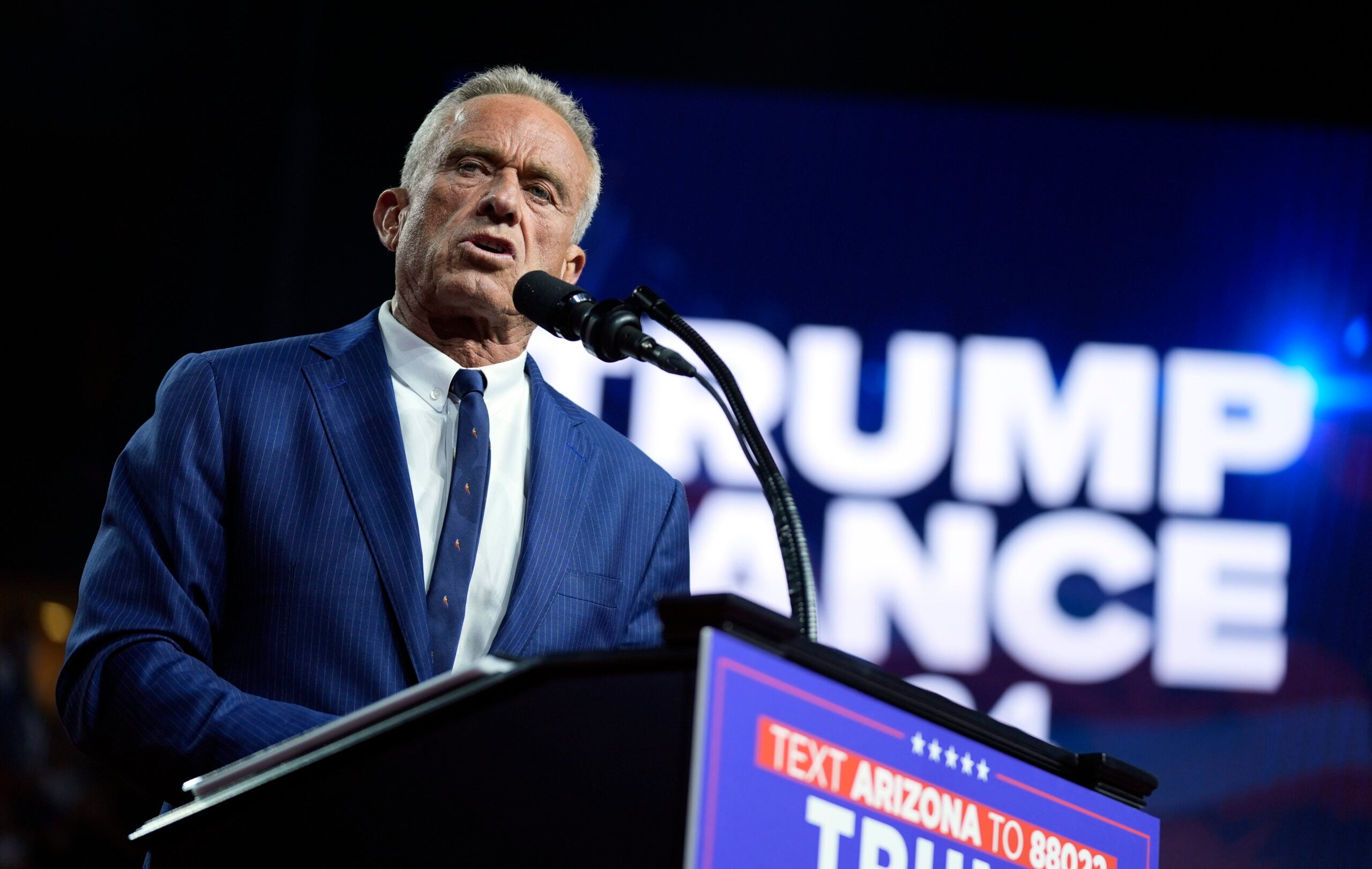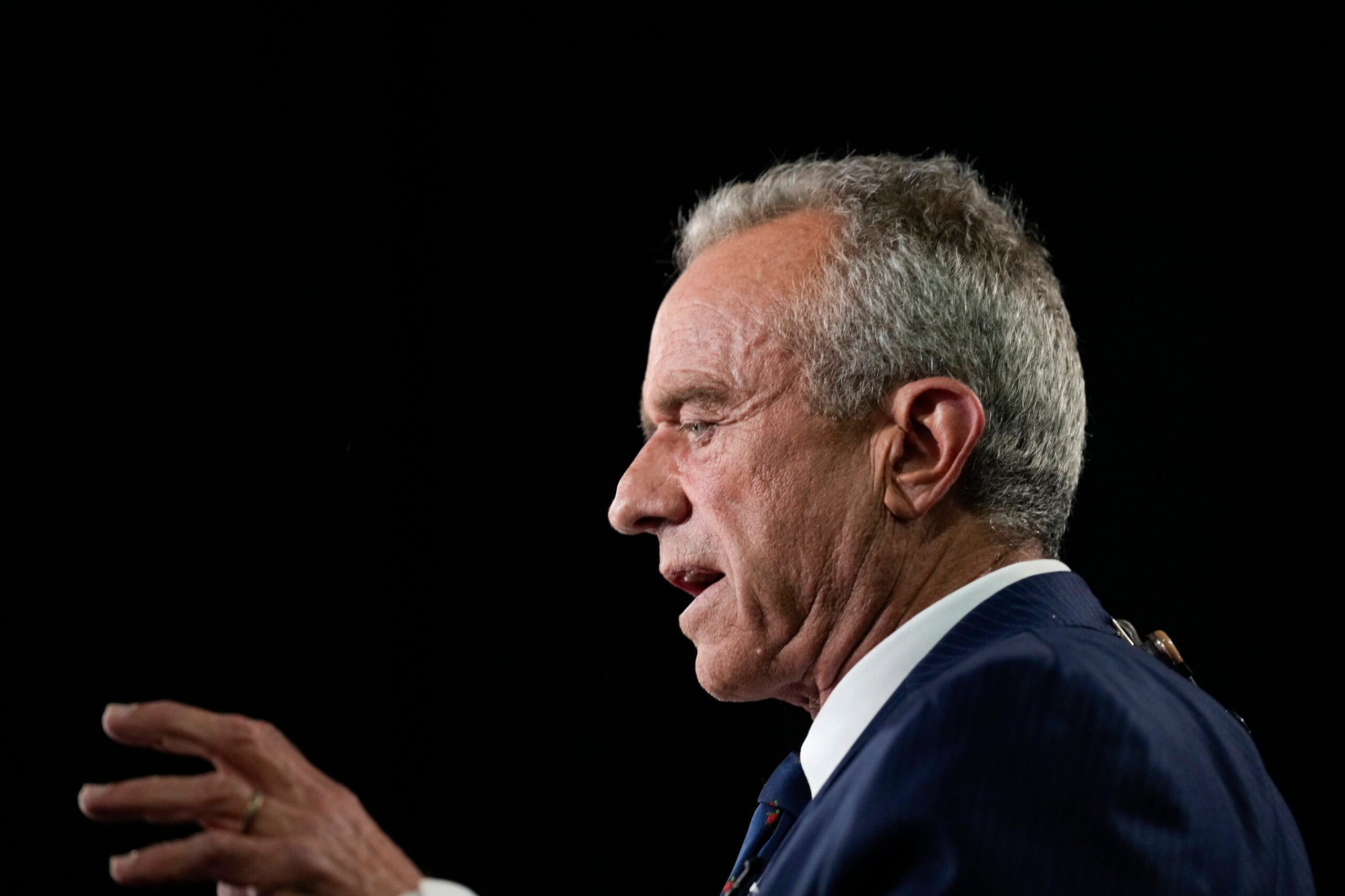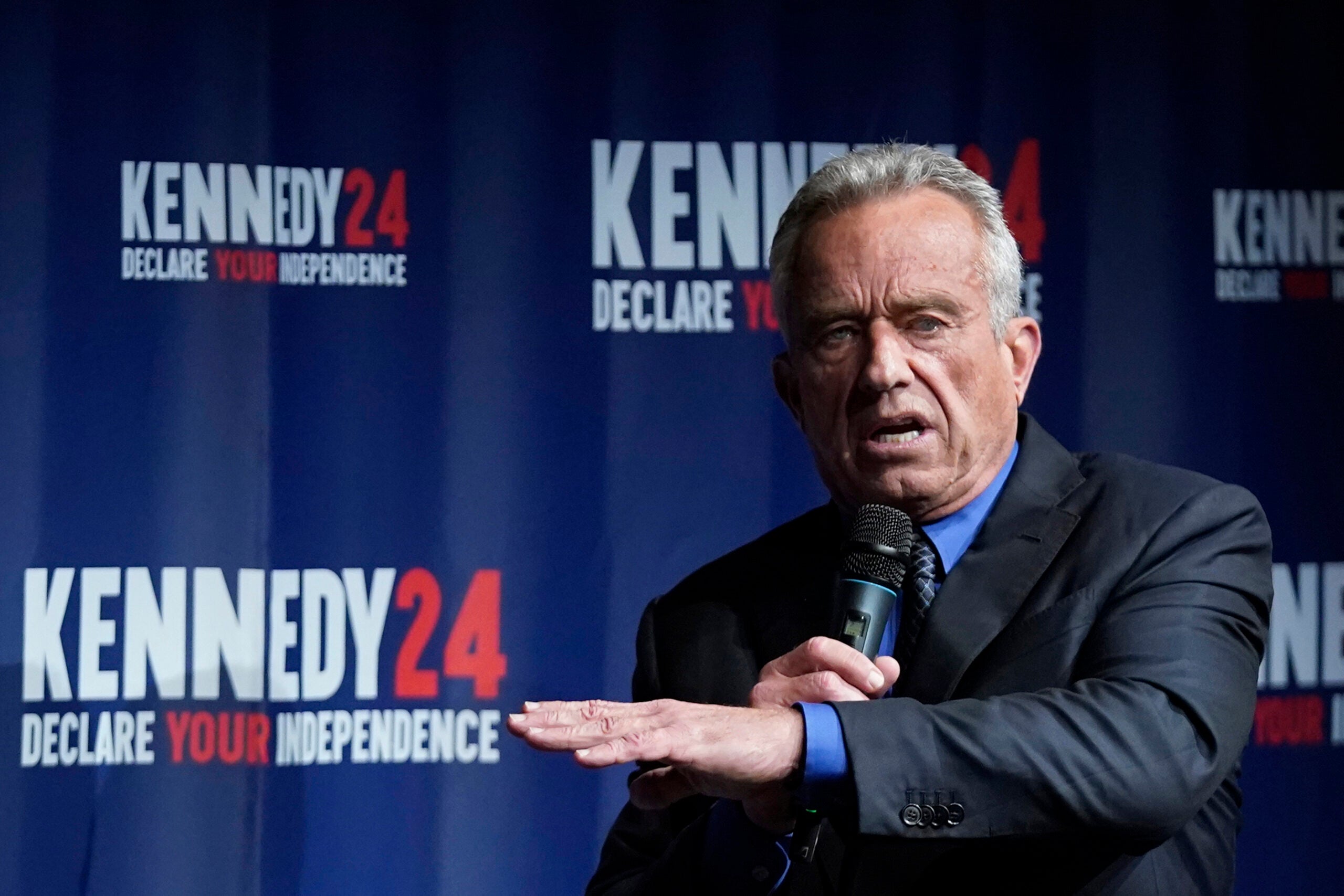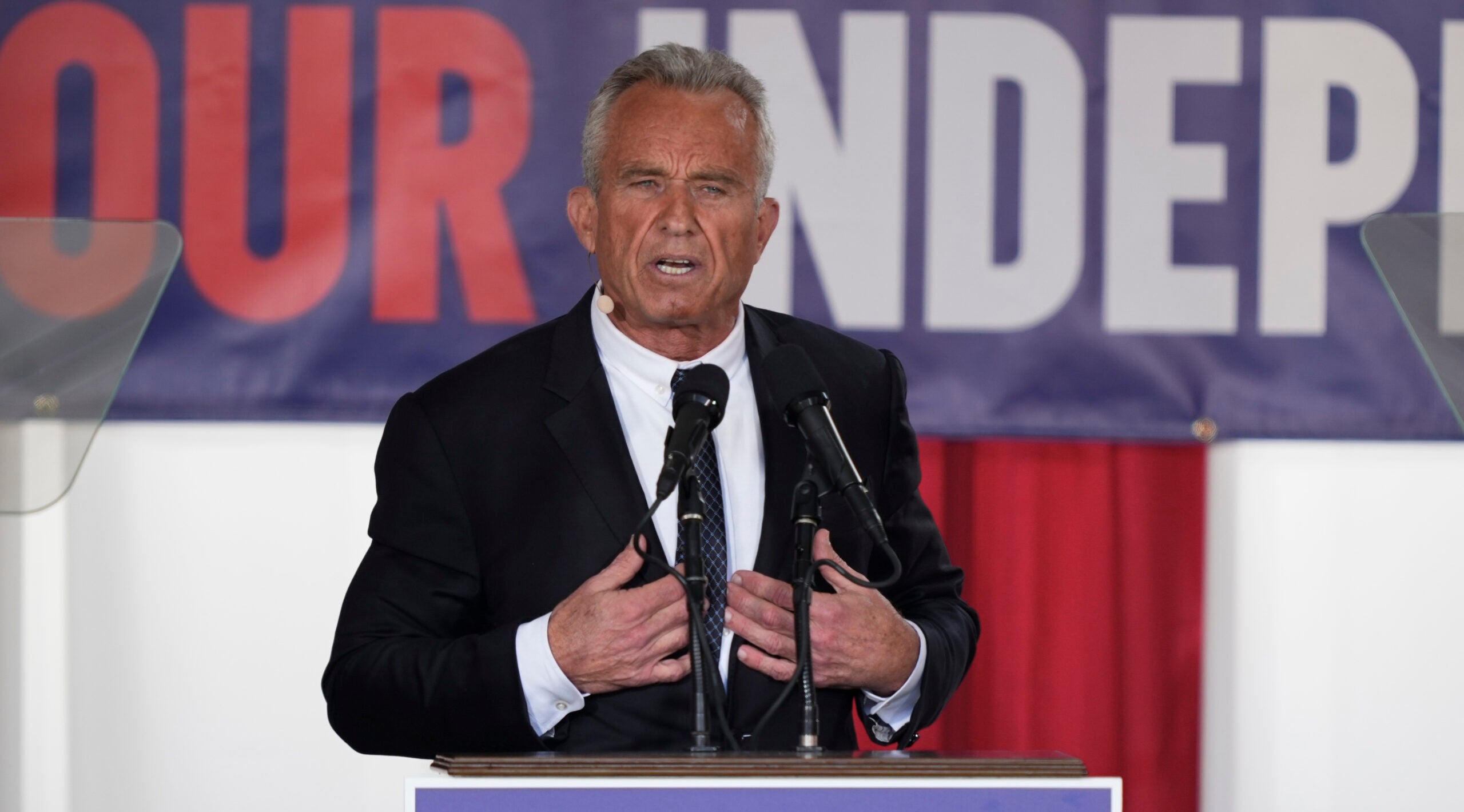Robert F. Kennedy Jr. will appear on Wisconsin ballots this November, despite attempts to remove himself from consideration in some swing states after he ended his candidacy last week.
That follows a Wisconsin Elections Commission meeting Tuesday, at which commissioners voted to place eight independent and third-party candidates on the presidential ballot.
The bipartisan commission also voted on the Kennedy challenge, guided by state law that says a candidate who properly files nomination papers cannot decline to be on the ballot.
Stay informed on the latest news
Sign up for WPR’s email newsletter.
“The only way he gets to not be on the ballot is to up and die, which I’m assuming he has no plans of doing,” said Democratic commissioner Ann Jacobs, chair of WEC.
Bob Spindell, a Republican commissioner, was the only vote in support of removing Kennedy from consideration.
Kennedy ended his candidacy Friday and endorsed former President Donald Trump.
He has since requested removal from other battleground state ballots, expressing concern that he’ll be a spoiler for the Republican ticket.
He filed such a request in Wisconsin, but commissioners pointed to state law about his qualification.
“Any person who files nomination papers and qualifies to appear on the ballot may not decline nomination,” the statute reads. “The name of that person shall appear on the ballot, except in case of death of the person.”
During their Tuesday meeting, commissioners debated the purpose of that law.
“Before we set the ballot, it seems to me that it makes sense to allow candidates withdraw, and that’s what I’m struggling with,” said Republican Don Millis.
Jacobs said it was not the group’s job to argue what the law should be, but to interpret it as-is.
“You’re giving me this touchy feely, like, ‘I feel like that shouldn’t be the law,’ like the law in this case is crystal clear,” she said. “It literally says you are on the ballot if you submitted nomination papers and qualified, unless you die. And so I don’t see what choice we have. We can’t just say, ‘It’s weird, and therefore we’re not going to follow it.’”
Kennedy has also filed requests to remove his name from ballots in other swing states including Georgia, Michigan, Nevada, North Carolina and Pennsylvania. His attempts have so far been unsuccessful in Michigan, Nevada and North Carolina.
Wisconsin commissioners also approved the candidacy of seven other independent and third-party candidates. That includes Green Party candidate Jill Stein. The Wisconsin Supreme Court declined to hear a Democratic National Committee challenge to her candidacy on Monday.
Independent candidate Cornel West will also be on the ballot, after a separate Democratic National Committee challenge was also rejected.
Wisconsin Public Radio, © Copyright 2025, Board of Regents of the University of Wisconsin System and Wisconsin Educational Communications Board.



